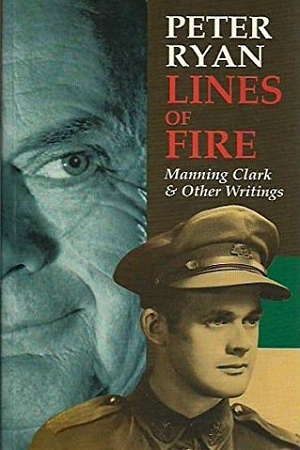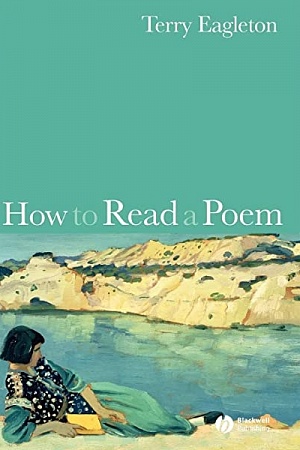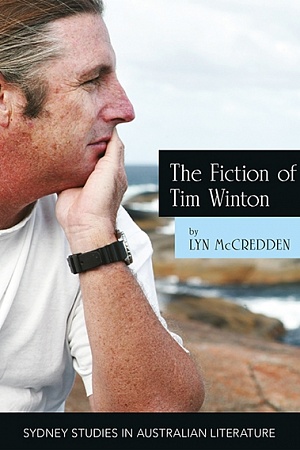Apartheid in Shakespeare and other reflections
United Writers, 166 pp
Apartheid in Shakespeare
Sibnarayan Ray is the Chairman of the Department of Indian Studies at the University of Melbourne; predictably, therefore, those essays in this collection that deal with Indian literature do provoke one’s interest. Mr Ray is especially enlightening about the problems facing the contemporary Indian writer. In a revealing essay devoted to this subject he explains that, apart from English, there are at least a dozen major languages in India each with a well-developed literature of its own. Add to this eight distinct scripts in use, each cast in type, and that translations between the languages are few.
Then, there is a pronounced gulf between the creative writer and the majority of the population. Furthermore the cultural impact of the West has affected only a small proportion of the population. So it is, as Mr Ray explains, that the principal concern of almost all conscientious Indian writers during this century and the last has been that of communicating with their people without putting at risk their newly acquired individuality and cultural values. With such pressures on the writer as the contrasting ideologies of nationalism and communism and the increasing power of the State, you have a position most perceptively summed up by the author:
The position of the modern writer in India today is thus rather unenviable. Caught between an increasingly powerful State and a community which does not share his values, pressed on the one side by a revivalist nationalism and on the other by militant communism, handicapped by languages which are stratified and which are hardly adequate to express his thoughts and experiences, living on the border of starvation and assailed by the promise of benefits for those who conform, he is struggling to maintain his creative integrity. All that is finest in modern Indian writing is the expression of this struggle.
Continue reading for only $10 per month. Subscribe and gain full access to Australian Book Review. Already a subscriber? Sign in. If you need assistance, feel free to contact us.







